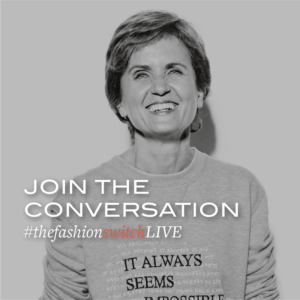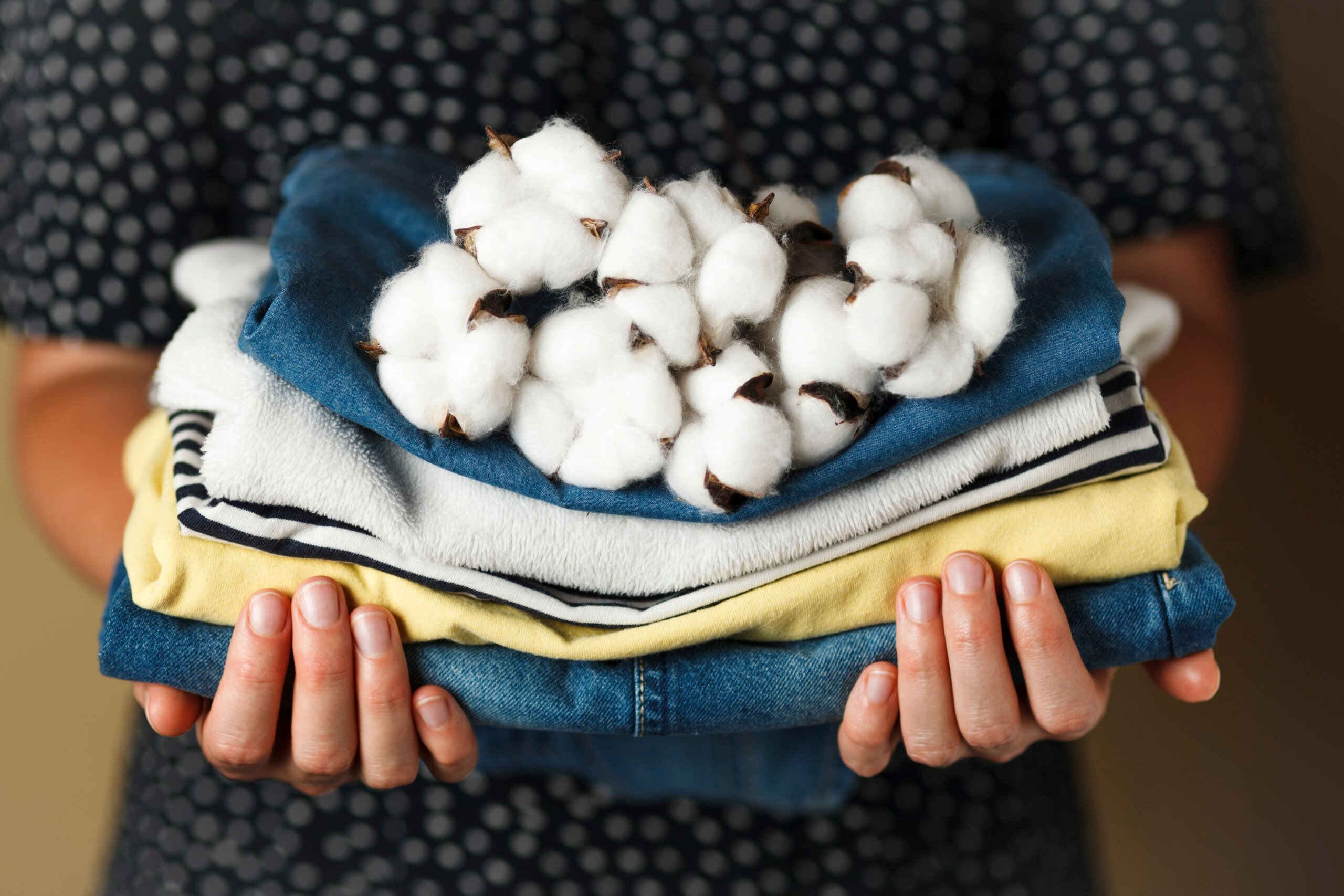Marina Spadafora, if you don’t know her already, is the guru of sustainability and she has also recently become an author. She is a passionate activist in all things ethical and sustainable and works very closely with Fashion Revolution and it’s founder Orsola De Castro.
I met Marina Spadafora in Milan when she was the designer of her own eponymous knitwear brand. It was then in the early days of my career following my graduation from the RCA. I had moved to Italy and had completed a rather tough year of work on the Adriatic coast, working in a corporate fashion business where I learnt Italian and how to run a whole department of a large fashion company at a very young age.
Moving to Milan and specifically meeting and working with Marina was a pivotal moment in my life. Her generosity of energy, lust for life and willingness to connect people is truly incredible. This makes her passion for sustainability so much more profound. She has recently become an author, is constantly in the press and delivering guest talks everywhere. It was such a pleasure to have her on the webinar. This is only an excerpt from the interview with Marina. If you’d like to hear the whole interview then do contact us and we can send you the link to the recording.

Interview with Marina Spadafora
JJ Marina Spadafora, you have just become an author. Can you tell us a bit about your book because you’ve just written it and you’ve just become an author which is very exciting? Congratulations.
MS It’s my first book, I’m extremely excited about it. It’s called The Revolution Starts From Your Closet, and I co-wrote it with a journalist called Louisa Chunin. Our idea was to write a very easy and clear guide on how to become conscious consumers. The fashion industry, unfortunately, contributes tremendously to the warming up of the planet as well as perpetrated injustice along the supply chain. So this book is an easy read, but it gives you really a lot of facts, a lot of insight. But it’s also very positive. It also really, really helps to see how each one of us has the responsibility to change this industry to make it something that we will be proud of.
The impact of Coronavirus on sustainability
JJ These last few months has been a period of reflection for everyone. We’re emerging into a ‘new normal. Do you think that the impact of Corona, that sustainability will take a step forward or a step backwards?
MS I definitely think it’s going to take a step forward. Companies, they are not investing in sustainability and in digital will be irrelevant in the near future. So it’s truly, truly vital that companies take this path towards becoming greener and more just and fair especially towards workers. There’s been a lot of research which states that the younger generation, millennials and Gen Z, are really, really keen on changing the way things are. And they really want to become part of the solution. Being part of the solution means that every time we buy something, we actually vote for the world we want.
Consumer action for sustainability
JJ – My book is all about how the consumer is in control. How can customers take action when it comes to sustainability?
MS What we need is a big strong grassroots movement of consumers asking and demanding a fairer and more clean product and putting in place laws that can actually implement this transition. As you know, I work with Fashion Revolution, and we have proposed to the European Parliament a set of suggested laws and it’s called Shadow Policy called Fair and Sustainable Textiles.
Basically, we give a whole dossier to the European community on how to proceed to have laws about textiles. Because today, we really don’t. Everything is on a voluntary basis in the textile industry and the fashion industry. Considering that 70 million people work in the fashion industry and more than 300 million in the textile industry at large, it’s very, very important to regulate this industry.
Fashion regulation
JJ – Why do you think that there’s been such resistance to regulation?
MS- This is because obviously there is a lot of vested interest. Fashion companies and huge conglomerates have a lot of power so they’re not interested in becoming transparent. They’re not interested in revealing where they’re being produced, what happens where they produce their stuff.
And what I’ve noticed and I’ve researched this deeply is that a lot of companies in the Far East, for example, have become certified. But this certification only implies securities of fire hazard, the security of the building, and like the filters for the water going into the river, but very few pay a living wage.
Take another example. A country like Bangladesh and Ethiopia. They are the bottom of the barrel, and workers there don’t have any social security. The government is not going to save these people when they lose a job. They’re going to go hungry. So we have to be very, very careful about this. Because when people go hungry, there are riots on the streets and the next thing is going to be a serious unsettling imbalance throughout the world, which cannot bring anything good.
Transparency and education
JJ – How can we help the public join the dots, educate the consumer. Help them understand the cause and effect and make a difference?
MS- Transparency. It’s really, really important to have talking labels. I think we have to move forward towards QR codes on labels that actually give us the provenance, the contents and all of those information that today are not as clear. They’re very murky and very shady.
JJ- As we have on food?
MS- Exactly. Why can’t we do it for fashion? The skin is the largest organ in our body and we have to know what’s going on top of it. Because if we don’t we’ll keep on getting sick and sicker. So yes, we need clarity, we need transparency, we need to know, who made our clothes?
Marina Spadafora’s book, La rivoluzione comincia dal tuo armadio was published by Solferino Libri and available in Italian only on Amazon.
This is only an excerpt from #thefashionswitchlive interview with Marina. If you’d like to hear the whole interview then do contact us and we can send you the link to the recording.

